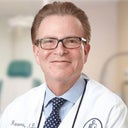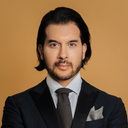Thank you for your question. You’re asking about the efficacy of PRP as you haven’t seen much about PRP in popular hair loss forums. You have concerns about the shedding and possible shock loss related to PRP, so you’re looking for some independent information, and if it’s just an expensive placebo.





